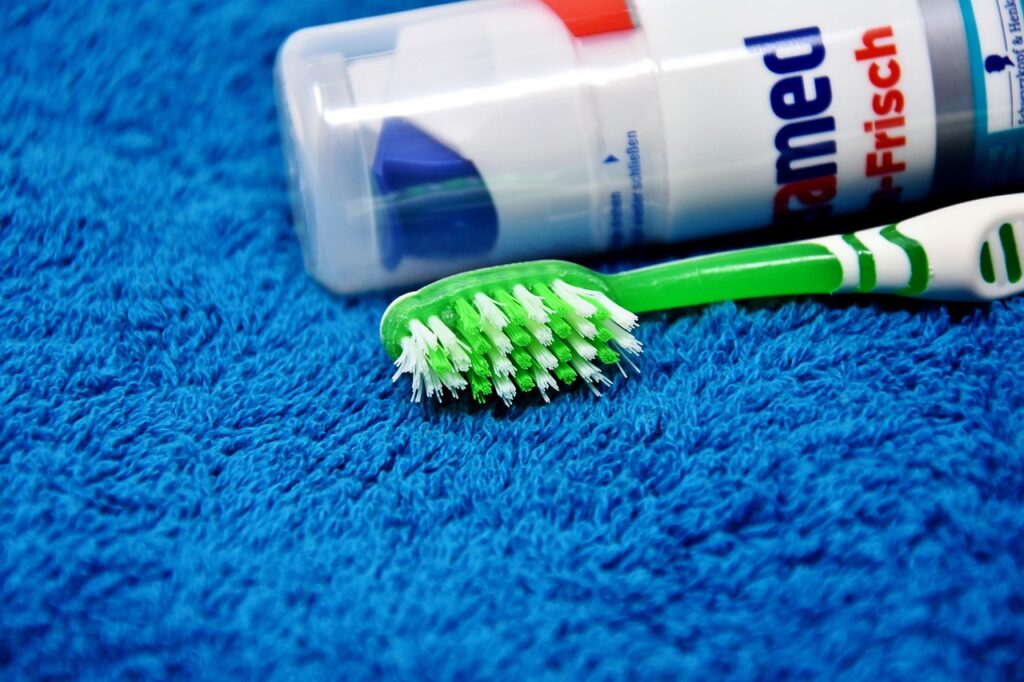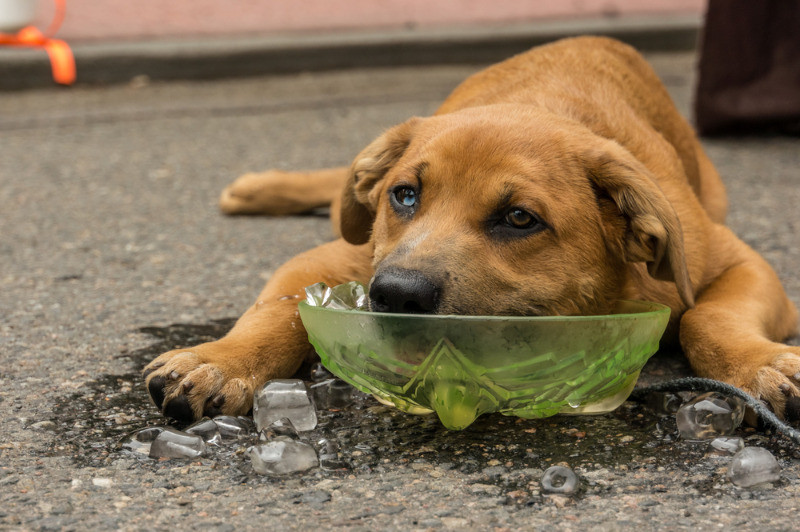cavapoo puppies health problems
Almost all of us are concerned about the cavapoo puppies health problems. Cavapoos — the charming mix between a Cavalier King Charles Spaniel and a Poodle — are rising stars in the world of designer dogs. With their soft curls, playful nature, and sweet temperaments, they’re a favorite among families, singles, and seniors alike.
But like all breeds, Cavapoos are not immune to health issues. As a responsible pet parent, understanding the potential health problems your Cavapoo puppy might face is essential for ensuring a long, happy life together.
Here’s a closer look at the most common health concerns in Cavapoo puppies, how to spot the signs early, and what you can do to prevent or manage them.
1. Inherited Health Issues from Parent Breeds
Since Cavapoos are a hybrid of two purebreds, they may inherit conditions from either side of their lineage. The most common inherited issues include:
Mitral Valve Disease (MVD)
- Cause: A genetic heart condition commonly found in Cavaliers.
- What Happens: Over time, the mitral valve in the heart can deteriorate, which may cause abnormal heart sounds (murmurs) and could eventually lead to heart failure.
- Symptoms: Coughing, reduced exercise tolerance, difficulty breathing.
- Prevention: Ask breeders for heart health certifications of the parent dogs. Annual vet checkups and early screenings can help catch signs early.
Hip Dysplasia
- Cause: A genetic abnormality in the hip joint, often inherited from Poodles.
- What Happens: The ball and socket of the hip don’t align properly, causing joint stress and eventual arthritis.
- Symptoms: Limping, stiffness, reluctance to climb stairs or jump.
- Prevention: Avoid over-exercising young puppies, especially on hard surfaces. Keep your dog at an ideal weight and think about adding supplements that support joint health.
Patellar Luxation (Dislocated Kneecap)
- Cause: It is often found in small breeds, and it can be hereditary.
- What Happens: The kneecap moves out of its normal position.
- Symptoms: Intermittent limping, skipping steps, or sudden leg extension.
- Treatment: In less serious instances, physical therapy can help manage the condition, while more advanced cases may need surgical intervention.
It’s one of the most important matters of cavapoo puppies health problems.
2. Eye Conditions
Cavapoos are prone to several genetic eye problems, especially if not bred responsibly.
Progressive Retinal Atrophy (PRA)
- What It Is: A group of degenerative diseases that affect the retina and lead to gradual blindness.
- Symptoms: Night blindness, bumping into objects, dilated pupils.
- Testing: DNA tests are available; ask breeders for proof of clear PRA status in parent dogs.
Cataracts
- What It Is: Clouding of the eye lens, which can impair vision.
- Symptoms: White or cloudy appearance in the eyes, trouble seeing.
- Treatment: In severe cases, cataract surgery can restore vision.
3. Ear Infections
Those adorable floppy ears? As cute as they are, they can trap moisture and dirt — the perfect recipe for ear infections.
Common Causes:
- Poor airflow
- Excess wax
- Allergies
Symptoms:
- Head shaking
- Scratching the ears
- Foul smell
- Redness or discharge
Prevention Tips:
- Clean ears weekly with a vet-recommended solution.
- Keep ears dry after baths or swimming.
- Regular grooming helps reduce wax and dirt buildup.
4. Allergies and Skin Issues
Cavapoos can be prone to food allergies, environmental sensitivities, and skin irritations.
Signs to Watch:
- Itchy skin or ears
- Chronic ear infections
- Excessive licking or chewing of paws
- Digestive issues (vomiting, diarrhea)
What Helps:
- An elimination diet to find the trigger
- Hypoallergenic dog foods
- Regular baths with gentle, vet-approved shampoos

5. Dental Disease
Small breeds like Cavapoos are at a higher risk for dental problems, including plaque, tartar, gum disease, and tooth loss.
Warning Signs:
- Bad breath
- Red or bleeding gums
- Difficulty eating
- Loose teeth
Prevention:
- Try to brush your dog’s teeth a few times each week to help maintain healthy gums and teeth.
- Use dental chews or water additives
- Schedule annual dental cleanings with your vet
6. Neurological Conditions (Seizures)
Though not as common, some Cavapoos may experience seizures due to idiopathic epilepsy or other neurological disorders.
What to Look For:
- Sudden collapsing or twitching
- Confusion or staring into space
- Drooling, loss of control over bladder or bowels
What to Do:
If your dog has a seizure, stay calm and time the episode. Contact your vet immediately for further evaluation.
Tips for Keeping Your Cavapoo Healthy
Now that you’re aware of the common health concerns, here’s how you can proactively support your pup’s well-being:
Choose a responsible breeder: Look for one who performs genetic health testing and shares the results with you. Avoid puppy mills or sellers who can’t provide health certifications.
Keep up with vet visits: Schedule routine exams and vaccinations. Early detection can make a big difference.
Feed a high-quality diet: Opt for balanced, vet-recommended foods suited for your dog’s age and size.
Stay active — but don’t overdo it: Cavapoos love to play! Daily walks and moderate exercise will keep their joints and hearts healthy.
Stick to a grooming routine: Regular brushing, nail trims, ear cleanings, and dental care are essential for overall health.
Final Thoughts
Cavapoos are full of love, loyalty, and energy — and they deserve the best care you can give. While they can face certain health challenges, being informed, proactive, and attentive will help you catch issues early and keep your pup thriving for years to come.
A little awareness now leads to a lifetime of tail wags, snuggles, and happy memories with your furry friend.




